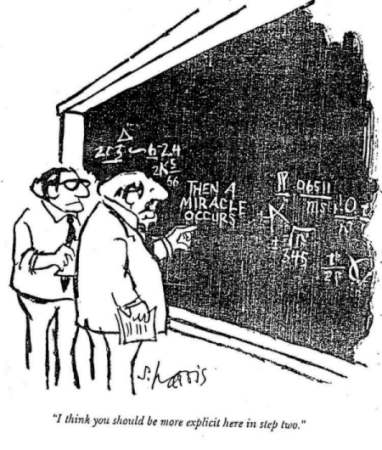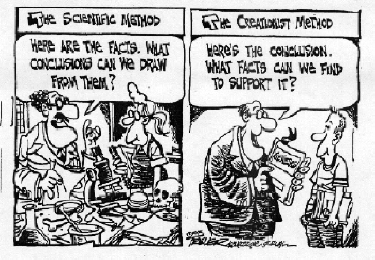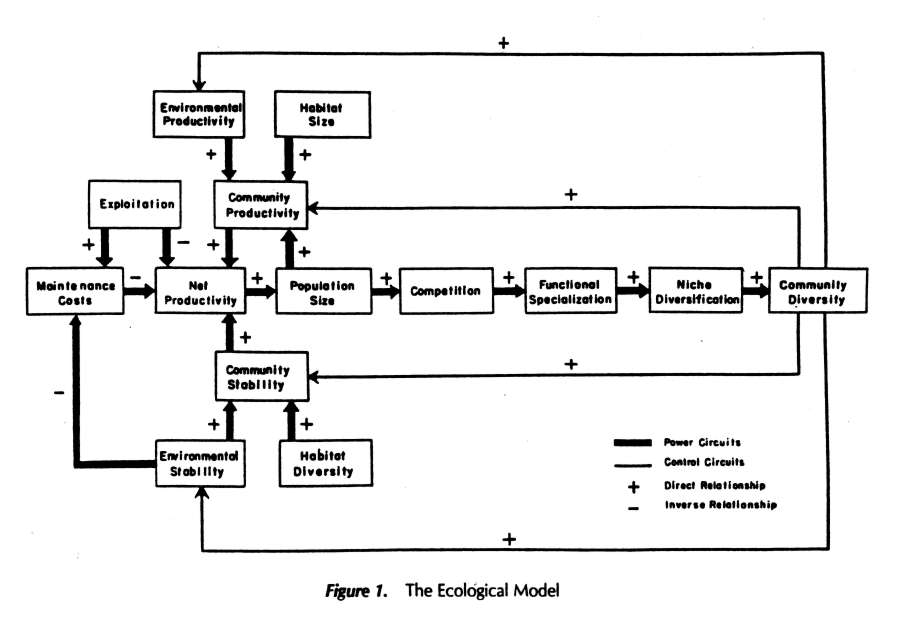
Research Design in Anthropology
Fall 2011
"A concern with knowing the world, rather than advocating a view of the world because it confirms some political, ideological, or religious project, has always been fundamental to scientific philosophy."
--Lawrence Kuznar, Reclaiming a Scientific
Anthropology
|
|
|
Required Texts:
1. Lawrence
Kuznar, Reclaiming a Scientific
Anthropology, second edition.
NY: Alta Mira Press, 2008.
2. H. Russell Bernard,
Research Methods in Anthropology,
fourth edition. NY: Alta Mira Press, 2006.
3. Sudhir Venkatesh, Gang Leader for a Day: A Rogue Sociologist Takes to the Streets. Penguin Press, 2008.
Course Description:
This course examines concepts, principles and issues associated with the design and implementation of scientific research in anthropology. The course provides the general foundation for more focused research methods courses in Cultural Anthropology and Archaeology. Topics covered include: epistemological issues underlying scientific research; data collection and analysis procedures and concerns; the link between theory and method in the development of a research project; testing hypotheses using qualitative and quantitative data; and ethical issues and IRB procedures associated with anthropological research.
Examinations:
The following procedures will be used to arrive at a student's final grade:
|
1. Mid-term exam 2. Final exam (cumulative) 3. Research proposal 4. Proposal presentation 5. Class participation
|
25% 25% 30% 10% 10% |
Research Proposal:
1. Each student will prepare a research proposal in the style of a professional research proposal in anthropology. The proposal should be approximately 15 pages long (4,000-5,000 words) and be based on the testing of one or more hypotheses generated by anthropological theory.
2. The following schedule will be followed in completing the research proposal. Grades will be calculated for each stage in the production of the research paper and will be combined to calculate the overall grade for a student's proposal.
|
September 22: October 27 :November 22: December 8: |
Research proposal topic due Annotated bibliography due. First draft of proposal due. Final revised copy of proposal due |
|
2. All assignments submitted in relation to the research proposal MUST be typed. Handwritten materials will NOT be accepted. Also, ALL research proposals must be properly referenced and follow the AAA referencing style.
3. All students are expected to meet with the instructor to discuss the progress of his or her proposal. This will help improve the quality of the final proposal and, thus, the grade that the proposal receives.
4. A library instruction class has been scheduled for (T.B.A.) to assist students with their proposal. Students will need to obtain some research materials that are not available in the Trexler Library in order to complete the research paper for this course. This may necessitate use of Interlibrary Loan services through the campus library. Students should be aware that obtaining research materials through Interlibrary Loan may take several weeks and should, therefore, start their research papers as soon as possible. Not receiving sufficient sources in time to analyze your subject and write your paper will seriously affect the quality of the paper you submit and, therefore, the grade your paper receives. Not receiving your Interlibrary Loan sources in time to complete your paper is NOT a valid excuse for an incomplete or inadequate paper.
5. Although the primary concern is with the quality of the ideas and analysis presented, essays and research papers will also be evaluated in terms of their adherence to accepted writing standards. They must be typed clearly and legibly. They must also be organized, grammatically correct and free from spelling errors. Papers must, therefore, be carefully proof-read before they are submitted. A sloppy and poorly written paper will not receive as high a grade as a comparable paper which is neat and clearly written, which expresses a coherent theme, which is well referenced, and which contains few spelling and grammatical errors. Having an idea that you cannot express clearly and concisely is not much better than not having the idea at all. All students are, therefore, strongly encouraged to make use of the Campus Writing Center.
Sample Research proposals: http:gravlee.org/ang5091/proposals.htm
Course Unit Instruction:
Grading Policy:
1. ALL assignments and examinations MUST be completed or taken at the time scheduled. Make-up tests will only be given in the event of an emergency and will receive 10-point reduction in grade for each day they are late (i.e., a score of 80 on a make-up test or paper will be recorded as a 70, 60, 50, etc., depending on the number of days it is late). The grade on any exam not taken or assignment not completed will be zero. Similarly, incomplete course grades (I) will be reduced by 10 points when they are completed.
2. ALL materials assigned for reading or presented or discussed in class (including films) will potentially be included in examinations.
3. Attendance will not be taken, but absence from class is NOT an acceptable excuse for a student's failure to complete an assignment or examination. It is the student's responsibility to obtain the necessary information on days that he or she misses class. In addition, a student who regularly misses class cannot expect special consideration in the event of poor grades. Furthermore, 20% of a studentís grade in the course is based on participation, which includes both attendance and participation in class discussions. Everyone in the class begins with a "C" (73) for participation, and an individual's grade increases or decreases depending on the quality of their participation. While I donít grade down for one or two classes missed, I do expect students to attend all classes, and excessive absences result in a reduced grade for participation. (Obviously, if a student is not in class, participation for that day is zero.) I also assign a higher participation grade for those students who come to class prepared to contribute positively to class discussions or who discuss issues with me through email. Conversely, I assign a lower grade for those students who come to class unprepared, who do not participate in class discussions or whose classroom behavior is either inappropriate or disruptive.
4. In the final analysis, responsibility for completing all course requirements rests with the student. If the student has any doubt on any matter regarding the course, he or she should contact the instructor BEFORE the problem becomes insurmountable. One of the benefits of the small size of the Muhlenberg Campus is the potential that exist for easy faculty-student contact.
5. Plagiarism constitutes a violation of the Academic Behavior Code and will be dealt with VERY STRICTLY. Depending on the nature of the plagiarism, a student could receive a failing grade for the course; be referred to the Dean's Office for judicial review; and have a "VF" (violation of Academic Behavior Code) grade entered on their transcripts. If a student is in doubt about a specific situation, it is his or her responsibility to consult the instructor or some other appropriate person (such as a librarian or writing tutor) for clarification.
Additional Comments:
1. I believe that students learn better with fewer distractions. Please do not use laptops, cell phones, PDAs or other texting devices during class. The use of these devices in the classroom represents a distraction not only to the student using them, but also to other students in the class and results in students being less engaged in class discussions and presentations. The use of these devices also constitutes a distraction to the instructor. If you need to use a computer, etc. for note taking, you must supply a written note from the Academic Resource Center stating that it is necessary due to a specific disability.
|
* * * * *
SCHEDULE
|
Unit: |
TOPIC |
|
|
1 |
Evaluating Anthropological Research |
|
A. Margaret Mead in Samoa
Reading Assignment:
1. Derek Freeman, Margaret Mead and Samoa: The Making and Unmaking of an Anthropological Myth, (Selected Chapters).
2. Marvin Harris , Rise of Anthropological Theory, Chapter 15.
Film: Anthropology on Trial
* * * * *
|
B. Kalahari Hunter-Gatherers
Reading Assignment:
1. Lee, "What Hunters Do for a Living, or, How to Make Out on Scarce Resources." (R)
Film: The Hunters
|
|
* * * * *
C. Flux Among the Mbuti Pygmies
Reading Assignment:
1. Turnbull, "The Importance of Flux in Two Hunting Societies." (R)
2. Abruzzi, "Flux among the Mbuti Pygmies: An Ecological Interpretation." (R)
3. Abruzzi, Population Pressure and Subsistence Strategies among the Mbuti Pygmies.
4. Mosko, The Symbols of the Forest. (R)
5. Bailey and Aunger, Net Hunters vs. Archers: Variation in Women's Subsistence Strategies in the Ituri Forest. (R)
* * * * *
|
D Perceptions of Anthropology
|
|
|
"Disputes within anthropology have a way of becoming blood feuds. Virtually all of the field's leading figures have been struck by poison arrows. Margaret Mead? Dupe! Franz Boas? Spy! Colin Turnbull? Hoaxer! Marshall Sahlins? Imperialist! Indeed, the excessive ferocity of anthropological warfare has fractured the discipline and tarnished its image. It's become the academic equivalent of 'The Jerry Springer Show.'"
--New York Times, October 8, 2000
|
* * * * *
|
2 |
The Struggle for a Scientific Anthropology |
|
|
|
* * * * *
|
3 |
The Scientific Method |
|
|
Reading Assignment:
|
|
|
"A concern with knowing the world, rather than advocating a view of the world because it confirms some political, ideological, or religious project, has always been fundamental to scientific philosophy."
--Lawrence Kuznar, Reclaiming a Scientific Anthropology
|

* * * * *
* * *
Mid-term Exam
* * *
|
4 |
The Application of Scientific Research Methods in Anthropology |
|

* * * * *
|
5 |
Preparing for Research
|
|
|
* * * * *
|
6 |
Ethical Issues Associated with Anthropological Research |
|
|
|
"Not one more day in New Jersey" --Yarima
* * * * *
|
7 |
Data Representativeness |
|
|
* * * * *
|
8 |
Surveys and Interviewing |
|
Reading Assignment:
1. Bernard, Chapter 9..
2. Vankatesh, "How Does It Feel to Be Black and Poor? (Chapter 1) in Gang Leader for a Day.
3. Rathje, "What We Say, What We Do." Chapter 3 in Rubbish! The Archaeology of Garbage. (R)
* * * * *
|
9 |
Participant Observation |
|
|
Reading Assignment:
1. Bernard, Chapter 13. 2. Kurin, Doctor, Lawyer, Indian Chief." (R) 3. Johnson, "Evans-Pritchard, the Nuer, and the Sudan Political Service." (R) 4. Chagnon, Yanomamo, Chapter 1. (R) 5. Chagnon, "Genealogies, Notes and Data Organization," (Chapter 3) in Studying the Yanomamo. (R) 6. Vankatesh, Gang Leader for a Day (remainder of book)
Films: A Man Called Bee Ax Fight
|
|
* * * * *
|
10 |
Student Presentations |
|
* * * * *
* * *
Final Exam
* * *
* * * * *
